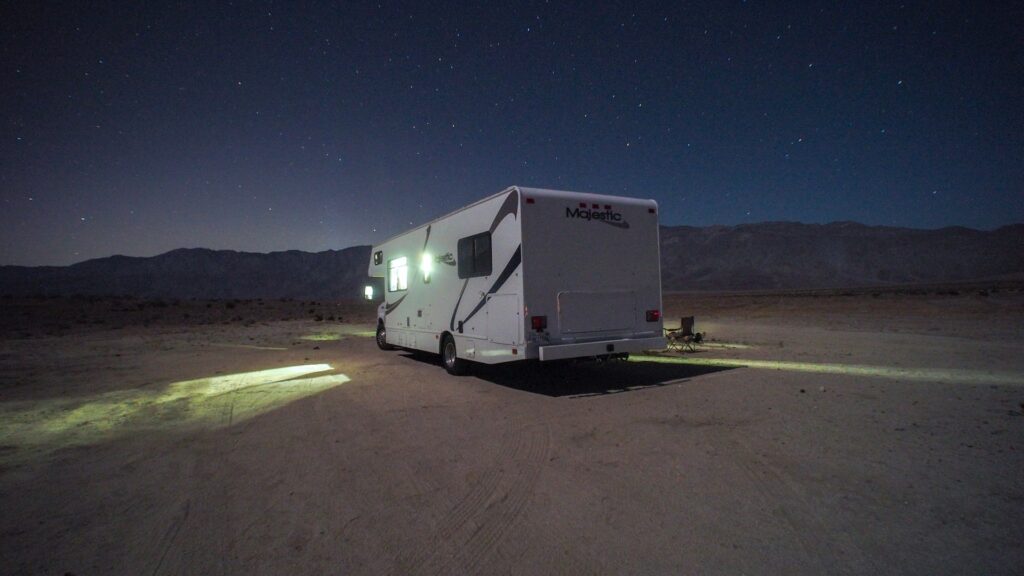The recreational vehicle (RV) industry has been booming for over a decade. The boom has skyrocketed during the past couple of years, though, leading to shortages for people looking to rent or purchase RVs.
We’ll explain the reasons for the shortages, why RVing is so popular, and what to consider about buying an RV, including the best RV insurance.
Reasons Behind RV Shortages
A few years ago, you probably took for granted the supply chain. Now, that’s all anyone talks about. So what are the supply chain issues facing RVs?
First, the demand for RVs spiked during the onset of COVID. Individuals, couples, and families sought retreat from the crowds. Many had the opportunity to work remotely for the first time. Without a job to tie people to a home base, they sought solitude and a change of pace in the form of RV living.
Usually, surges in demand are met with increased production of supplies. Right when this increased manufacturing was most necessary, the manufacturers shut down.
Later in 2020, RV companies started to ramp up production again, but they were slapped with delays from parts manufacturers and the dreaded global chip shortage.
So, two years later, we are not even close to a balanced RV market. The automobile industry is facing similar challenges.
RVing’s Growing Popularity
As mentioned earlier, many people can work remotely, which opens the door to travel. Visiting hotels and vacation rentals is OK for a short-term trip like a honeymoon or vacation, but if you’re traveling for several months, you’d probably like the comforts of a home. In an RV, you’ll enjoy your own bed, pillow, and decor, and you won’t have to keep packing and unpacking.
In previous years, jobs tied people down. Now, these same jobs enable travel. If you get paid the same from the beach as you do from the city, why wouldn’t you try out the beach life? RVs make living the dream a reality.
Considerations for the RV Lifestyle

When you jump into something new, it helps to have a complete picture of what to expect.
Practicalities of RV Life
RVs have a lot of the capabilities of houses, but they’re on the road, and the road can be rough. So, before you commit to joining the RV craze, you should be prepared for problems. New RVs aren’t immune from water pump issues and wiring problems, and you’ll undoubtedly face trouble with a used RV.
Sometimes even regular maintenance items like replacing your brakes can be hard to get done when you travel, so learning how to do things yourself can be very helpful.
Problems with your RV have solutions, and if you go into it knowing you’ll face challenges, you’ll be mentally prepared to deal with them.
RV Insurance
As with an automobile, you’ll need liability insurance for an RV. Each state requires that.
If you have your RV financed, your lender will require RV insurance. Even if you fully own your camper, you should probably still purchase RV insurance. Not only will it pay for damage to your unit, but depending on the coverage you are buying, it will also pay for damage or loss of your belongings in your RV.
You can choose from a variety of options. The more coverage you have, the more expensive your premiums will be. If you live in your RV full time, you’ll need full-time coverage. If you use it for trips but still have a primary residence, you’ll be better served by a recreational policy.
Traveling with an RV is a lot of fun, as long as you’re prepared for the inevitable issues you’ll face with ownership. Having insurance will help your recover from what could be devastating circumstances, so you need to find the policy that’s best for your situation.
Melanie Musson writes and researchers for the insurance comparison site, ExpertInsuranceReviews.com. As an avid RVer herself, she enjoys helping others discover the joys of the road and how insurance can protect your assets and dreams.

